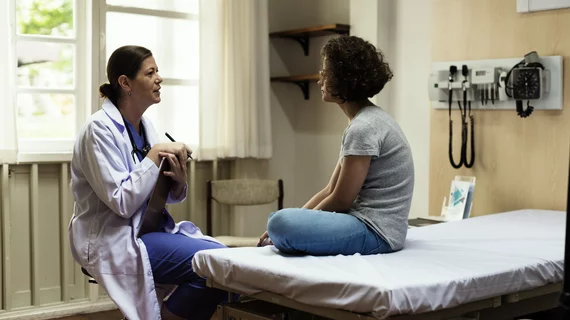Can AI improve communication between doctors and patients?
Productive communication between doctors and patients can be difficult to achieve. However, a team of researchers has proposed several ways in which AI can help.
Researchers from the Dartmouth Institute for Health Policy and Clinical Practice, Trinity College Dublin and the University of Edinburgh recently examined ways AI could improve patient/provider communication in an article published in the BMJ. The medical industry often involves complex and stressful communication between providers and patients, and it doesn’t help that many clinicians haven’t had their communication skills formally assessed, according to the researchers.
In the article, Padraig Ryan, research fellow at Trinity College Dublin’s Center of Health Policy and Management School of Medicine, et al. argue that AI could “revolutionize” the industry by providing clinicians with personalized and highly detailed assessments of their communication skills. They also proposed using AI with digital recordings of medical visits to analyze a doctor’s communication skills.
Here are the three ways AI could improve medical communications:
- Automated analysis of words and phrases—The method could help provide feedback about whether patients and providers understood each other and facilitate the use of jargon-free language.
- Turn-taking analysis—A method that analyzes if the provider allowed the patient to voice any concerns or ask questions, which correlates to how well patients adhere to medications and recall information.
- Analyzing tone and style in interactions—This method provides information about whether clinicians are under stress or large workloads and could help analyze a patient’s physical or mental health.
“Five years ago, the idea of using AI to analyze medical communication wouldn’t have been on anyone’s radar,” Glyn Elwyn, MD, PhD, Dartmouth Institute professor, said in a statement. “As the technology advances, it will be interesting to see whether healthcare systems can employ it effectively and whether providers will be open to using it as a tool for improving their communication skills.”

